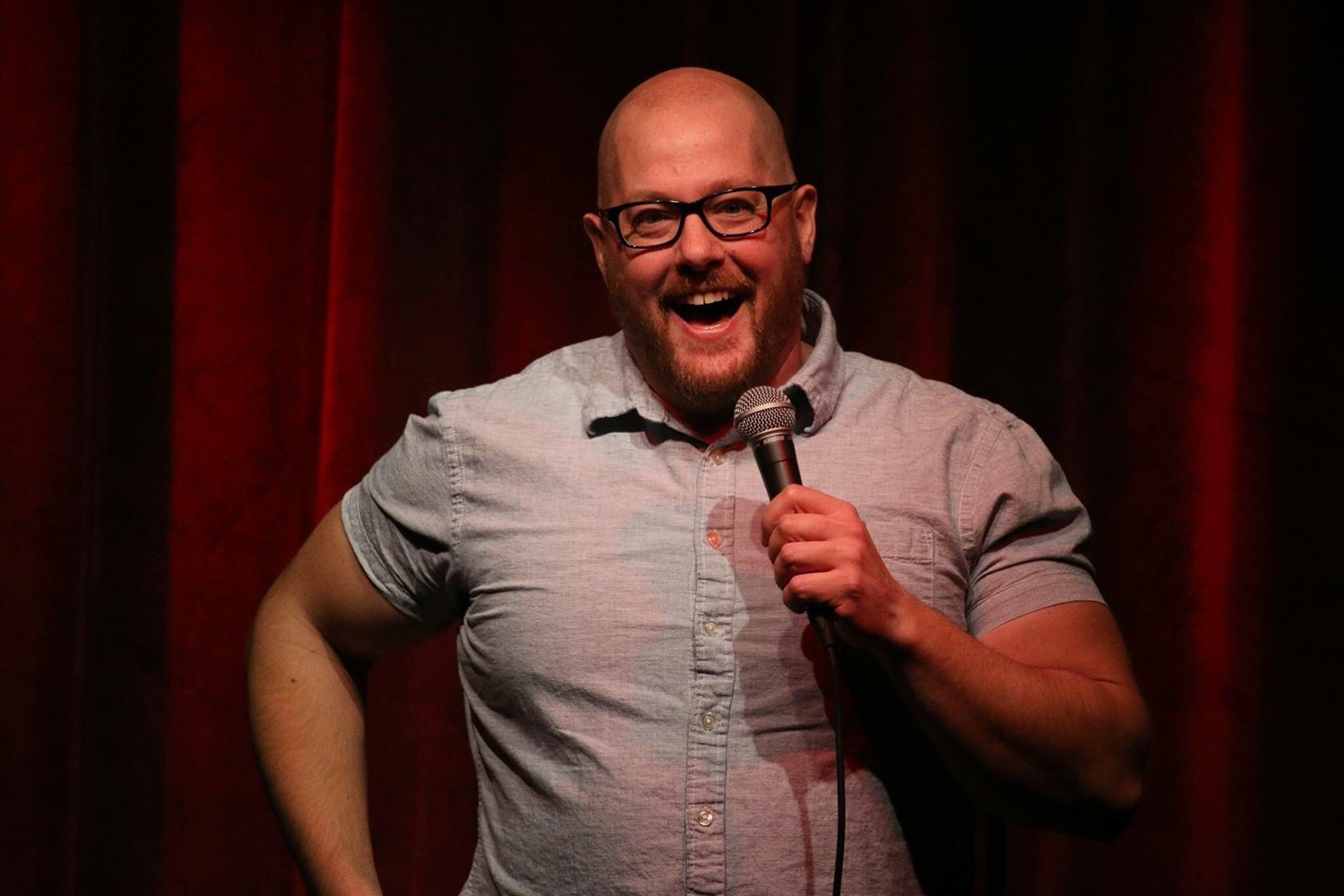NEW SHOW FEATURE: We are now LIVE streaming our shows. Want to join us live? Just click this link every Friday at 3pm ET / 12pm PT.
Ron and Ed welcome Nick Asbury to a conversation about his book, The Road to Hell: How purposeful business leads to bad marketing and a worse world And how human creativity is the way out.
FROM THE BOOK JACKET
The road to hell is paved with good intentions, says the proverb. Never has that been truer than in the case of corporate purpose, the movement that took over the business and advertising world following the financial crisis of 2008.
Guided by the mantra ‘do well by doing good’, businesses embraced a social purpose agenda that sought to align doing good for society with doing well in the marketplace. The result, according to author Nick Asbury, has been a wave of humourless and hubristic advertising, and a spiral of worse social outcomes, as businesses wade into issues beyond their remit, while neglecting their real ethical responsibilities.
Diving into examples including Bud Light, Patagonia, Cadbury and Unilever, Nick Asbury builds a compelling case against purpose – covering what it is, where it came from, how it leads to worse marketing, and how it leads to worse social outcomes. As a positive alternative, he makes the case for creativity, cognitive empathy and valuing the human over the corporate.
Amid the fierce and topical debate about purpose and corporate politics, The Road to Hell is a sharp and entertaining intervention, shedding light on how we got here – and where we go next.
SHOW NOTES
Segment one
What does Nick mean by purpose? Generally it means social purpose in the business and corporate world. A kind of reason that goes beyond simply doing what you do to make money. This is the kind of definition that Nick argues against in his book, The Road to Hell https://www.amazon.com/Road-Hell-purposeful-marketing-creativity-ebook/dp/B0DHYLXVYR?&linkCode=sl1&tag=verainst-20&linkId=349aaa20d9023274a14bd3e27e49e99c&language=en_US&ref_=as_li_ss_tl
“We all need a sense of purpose in our lives. What I see as the commercialization of purpose is what I often cut against.” —Nick Asbury
Nick mentioned Larry Fink several times today during the show. Here is some quick background on him. https://en.wikipedia.org/wiki/Larry_Fink
“What you often see these days is companies giving some money to charity and then doing a very loud marketing campaign about how purposeful they are.” —Nick Asbury
Segment two
“Certainly in the marketing world we’ve gone through various pieces of language over the decades. There used to be lots of talk about a unique sales proposition. Then there was talk of having a mission. […] I think purpose is a more fundamental claim.” —Nick Asbury
While talking about Nick’s book today: Purpose leads to sameness, especially with marketing. It puts the emphasis on the company rather than the customer. That’s a damning criticism. More here: https://www.amazon.com/Road-Hell-purposeful-marketing-creativity-ebook/dp/B0DHYLXVYR
“I don’t really care that Hellman’s Mayonnaise has a purpose statement.” —Ron Baker
In case you are wondering if Nick’s book takes a stand on the idea of “purpose”, he does point out that the biggest preachers of purpose were WeWork, Theranos, and FTX. More here: https://www.amazon.com/Road-Hell-purposeful-marketing-creativity-ebook/dp/B0DHYLXVYR
Segment three
Since we are talking purpose today, this came up on the show. The March of Dimes began with the sole purpose of curing Polio. It did that. And it’s still around.
What motivated Nick to dive deeper into purpose? “I felt like there was a lot of advertising that wasn’t treating people very smart. If you’re making ethical claims and saying, ‘Making the world a better place with every can of beer we sell’…..It’s pretty distasteful.”
One could argue that Simon Sinek and his “Start with Why” book is the very essence of purpose. Our guest today, Nick Asbury, had some rather insightful, science-based arguments about the “Why”. Twitter is not the place for this. Look it up during segment three of the show.
“Produce great widgets, pay your people fairly, and be a nice place to work. That’s a pretty cool thing to do.” —Nick Asbury
Segment four
Mentioned by Ron today on the show, The Immortal Mind: A Neurosurgeon’s Case for the Existence of the Soul https://www.amazon.com/Immortal-Mind-Neurosurgeons-Case-Existence/dp/1546006354
So what is Brandolini’s Law? The Bullsh*t Asymmetry Principle, also known as Brandolini’s Law, states that the amount of energy needed to refute bullshit is an order of magnitude bigger than that needed to produce it.
A big THANK YOU to Nick Asbury for joining us today. His latest book is “The Road to Hell: How purposeful business leads to bad marketing and a worse world and how human creativity is the way out” https://www.amazon.com/Road-Hell-purposeful-marketing-creativity-ebook/dp/B0DHYLXVYR
Bonus Content is Available As Well
Did you know that each week after our live show, Ron and Ed take to the microphone for a bonus show? Typically, this bonus show is an extension of the live show topic (sometimes even with the same guest) and a few other pieces of news, current events, or things that have caught our attention.
Click the “FANATIC” image to learn more about pricing and member benefits.













